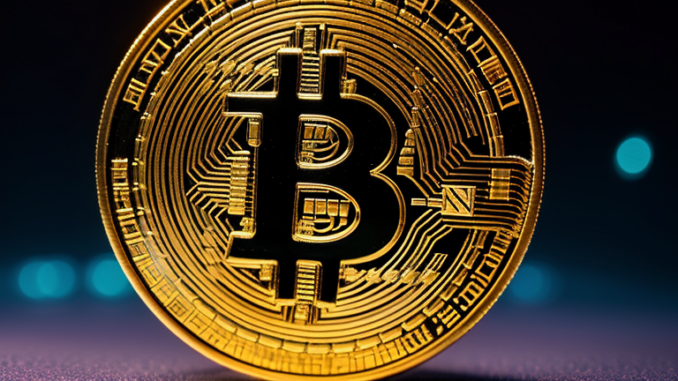
Ripple Wins Legal Battle as Court Rules XRP Tokens Not Securities
Ripple has achieved a surprising victory in its legal fight against the United States Securities and Exchange Commission (SEC). A recent court ruling states that XRP tokens should not be considered securities, which is a major blow to the SEC and could reshape the future of the cryptocurrency market.
Stuart Alderoty, Ripple’s Chief Legal Officer, strongly criticized the SEC, accusing them of consistently misinterpreting facts and the law. He pointed out the agency’s recent legal setbacks and growing disapproval from the judiciary, suggesting that the SEC lacks control in its regulatory approach.
Brad Garlinghouse, Ripple’s CEO, echoed Alderoty’s criticism, blasting the SEC for hindering innovation and growth in the cryptocurrency industry. Garlinghouse’s words reflect the mounting frustration among many who believe that the agency’s regulations have impeded progress.
While Ripple celebrates its court victory, the implications of this ruling go beyond the company itself. An appeals court has ordered the SEC to reconsider its rejection of Grayscale’s spot Bitcoin Exchange-Traded Fund (ETF) application. This development raises hopes for the approval of cryptocurrency-based ETFs, which would offer more investment opportunities in the crypto market.
The SEC’s initial rejection of Grayscale’s ETF application limited traditional investors’ access to cryptocurrencies, which was seen as a setback for the industry. However, with the court’s order to review the application, there is renewed optimism for a positive outcome.
Despite this setback, the SEC remains determined to exert regulatory control and plans to appeal the court’s decision. The ongoing legal battle between Ripple and the SEC has captured the attention of the crypto community, as its outcome could shape cryptocurrency regulations in the United States.
At the center of Ripple’s legal fight is the classification of XRP tokens. Ripple argues that XRP should not be considered a security, while the SEC maintains the opposite view. The court ruling, favoring Ripple’s perspective, provides hope for the company, which has faced regulatory challenges for years.
The SEC’s recent legal setbacks and judicial criticism have raised concerns about its approach to regulating cryptocurrencies. Some argue that the SEC’s actions have stifled innovation and created market uncertainty, while others believe that protecting investors and ensuring market integrity should be the agency’s main focus.
The outcome of Ripple’s legal battle could have a ripple effect on the entire crypto industry. If the court ruling stands and XRP is not classified as a security, it could set a precedent for other cryptocurrencies facing similar scrutiny. This could bring more clarity and stability to the market, paving the way for wider adoption of digital assets.
However, if the SEC successfully appeals the court’s decision, it would reinforce the agency’s regulatory authority and potentially impact the classification of other cryptocurrencies. The outcome of this legal battle will undoubtedly shape cryptocurrency regulations in the United States.
As the crypto community waits for the next steps in Ripple’s legal battle, opinions remain divided on how regulations should be implemented. Striking the right balance between protecting investors and fostering innovation is crucial for the long-term growth and acceptance of cryptocurrencies.
In conclusion, Ripple’s recent court victory regarding the classification of XRP tokens as not securities has injected hope into the company and the broader crypto market. The ongoing legal battle with the SEC highlights the challenges faced by regulators in adapting to the rapidly evolving cryptocurrency landscape. The outcome of this dispute will have far-reaching implications, shaping the future of crypto regulations and potentially opening doors for the approval of cryptocurrency-based ETFs. As the industry awaits further developments, the debate over cryptocurrency regulations continues to intensify.

Be the first to comment